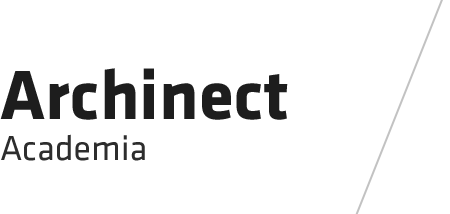
Burbank, CA
5th Annual Celebrando Las Acequias
Celebrando 2012: Ingenious Landscapes
Indigenous Infrastructures and Sustainable Design for Drylands

Please join us for the 5th Annual Celebrando las Acequias_2012, June 14-16, 2012, in Dixon, New Mexico. The Arid Lands Institute [ALI] at Woodbury University is pleased to sponsor this important public education and outreach event, supported in large part by our funding from the US Department of Housing and Urban Development, Office of University Partnerships.
The Celebrando was envisioned and brought into being five years ago by the imagination, hard work, and inspired commitment of our friend and teacher, Estevan Arellano. Each year it has grown, bringing together a rich array of farmers, musicians, scholars, designers, and thinkers from a variety of disciplines. Last year, 250 people attended the events, taking away a renewed appreciation of the dynamic systems that make acequia communities so vital, and of the environmental, cultural, and economic challenges faced by traditional societies in New Mexico and elsewhere.
We are grateful for Estevan’s thoughtful leadership; for the hospitality of the people of Embudo/Dixon, the commitment of the co-sponsors, and for the creative contribution of all our invited participants.
Theme
This year’s speakers will explore Ingenious Landscapes from the Americas and beyond. In the face of pressing water challenges facing the US West and many parts of the globe, low-cost, low-carbon design strategies that are high on ingenuity and low on fossil-fuel dependency point the way to a resilient future.
• What do traditional societies have to teach the industrialized world about low-carbon water management strategies?
• What does the archeological record offer the contemporary water systems designer?
• How have gravity-fed water systems shaped great public space, intelligent infrastructure, and durable societies?
• How are these ancient systems still contemporary?
• How have indigenous water infrastructure systems been designed to adapt, or fail, in the face of change?
• As we collectively enter into the Anthropocene and face increasing uncertainty as to the magnitude of hydrologic change, what strategies do living, adaptive traditional societies offer contemporary drylands design?
Organization and Format
All events are free and open to the public, and take place at the Mission Embudo, Dixon, New Mexico.
Thursday evening, June 14th, offers presentations addressing newly adopted community planning and policy measures as well as a workshop on acequia management.
Friday evening, June 15th, opens the formal session examining the archeological record featuring the keynote presentation by Dr. William Doolittle of the Geography Department at UT Austin.
Saturday, June 16th, an all-day affair beginning with a light breakfast at 8am, features national and international participants, an artisanally made lunch, an afternoon panel discussion, and an evening program celebrating the food, wine, music, art, and farmers of the Lower Embudo Valley.
Sunday, June 17th is reserved for field trips to local archeological sites.
No Comments
Block this user
Are you sure you want to block this user and hide all related comments throughout the site?
Archinect
This is your first comment on Archinect. Your comment will be visible once approved.